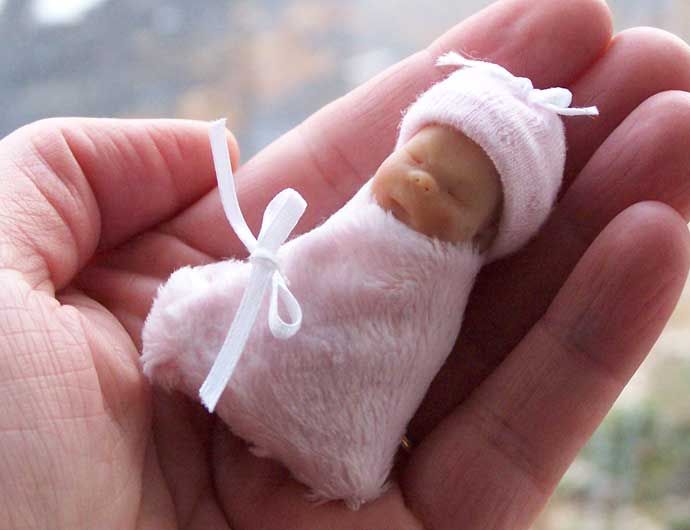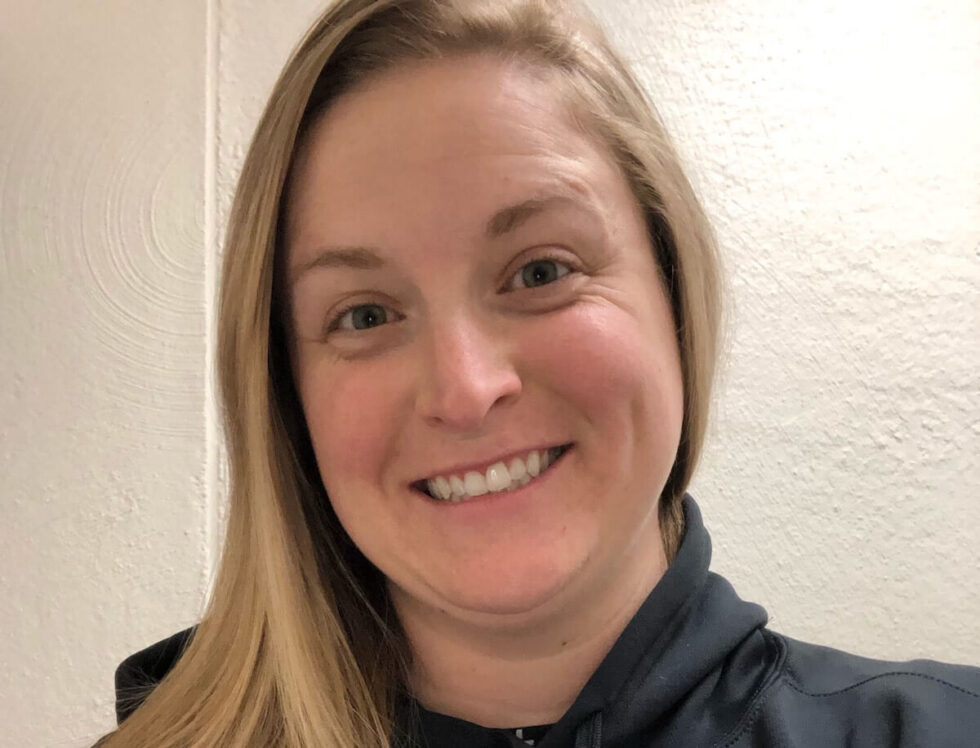Let’s talk about something that affects countless women but is rarely discussed openly: pictures of miscarriages at 6 weeks. If you're here, you're probably looking for answers, clarity, or just trying to make sense of a deeply personal and emotional experience. Miscarriage is more common than most people realize, yet it remains shrouded in silence. It’s time we break that silence.
We’re diving deep into this topic—not just to inform, but to provide comfort, understanding, and resources for those who need them most. Whether you're going through this yourself, supporting someone close to you, or simply seeking knowledge, this article aims to shed light on what happens during early miscarriages.
This isn’t just another medical explanation; it’s a space where we can address the physical, emotional, and even practical aspects of experiencing a miscarriage at 6 weeks. So grab a cup of tea, settle in, and let’s navigate this journey together.
- Who Killed Dexters Mom Unraveling The Mystery Behind A Gripping Plot Twist
- Www Abola Pt Your Ultimate Guide To Sports Betting And Beyond
What Happens During a Miscarriage at 6 Weeks?
Miscarriages at 6 weeks are often described as early pregnancy losses. At this stage, the embryo is still developing, and the body may not have fully adapted to the pregnancy. Symptoms can vary widely, from heavy bleeding and cramping to no noticeable signs at all. Understanding what’s happening inside your body can be both empowering and reassuring.
Here’s a quick rundown of what typically occurs:
- Bleeding: One of the first signs, ranging from light spotting to heavy flow.
- Cramping: Similar to menstrual pain, but often more intense.
- Loss of Pregnancy Symptoms: For some, nausea or breast tenderness may suddenly disappear.
While these symptoms can indicate a miscarriage, they don’t always mean the worst. Consulting a healthcare provider is crucial for accurate diagnosis and guidance.
- Pablo Escobar Vs El Chapo Net Worth A Tale Of Two Infamous Drug Lords
- Starbucks Nutrition Your Goto Guide For Healthy Choices
Why Do Miscarriages Happen at 6 Weeks?
Miscarriages at 6 weeks are often caused by chromosomal abnormalities in the embryo. In simpler terms, something went wrong during the early stages of development. Other factors can include hormonal imbalances, uterine issues, or even external stressors. The truth is, most miscarriages are out of our control, and it’s essential to remember that this is not your fault.
Let’s explore some common causes:
- Chromosomal abnormalities (the most frequent cause)
- Hormonal imbalances like low progesterone levels
- Structural issues in the uterus, such as fibroids or scar tissue
- Infections or immune system disorders
It’s worth noting that many women who experience early miscarriages go on to have healthy pregnancies in the future. This doesn’t diminish the pain, but it offers hope for what’s ahead.
Can You See Pictures of Miscarriages at 6 Weeks?
This is a sensitive question, and the answer varies depending on individual experiences and medical circumstances. In some cases, ultrasound images may show an empty gestational sac or no fetal pole, which can confirm a miscarriage. However, these pictures aren’t always available or necessary for diagnosis.
For those seeking visual representations, online resources and forums often share experiences and images. But tread carefully—these can be emotionally triggering. It’s important to approach this topic with caution and prioritize your mental health.
Emotional Impact of Miscarriage at 6 Weeks
Let’s be real: losing a pregnancy, no matter how early, is heartbreaking. The emotional toll can be overwhelming, and it’s okay to feel grief, anger, or confusion. You’re not alone in this, and it’s vital to acknowledge your feelings.
Here are some common emotions people experience:
- Grief over the loss of a potential child
- Feelings of guilt or self-blame (even though it’s not your fault)
- Isolation or loneliness due to societal stigma
- Relief, especially if the pregnancy was unplanned
Remember, there’s no right or wrong way to feel. Your emotions are valid, and seeking support—from friends, family, or professionals—can make a world of difference.
How to Cope with the Emotional Aftermath
Coping with a miscarriage is a deeply personal process, but here are a few tips to help you through:
- Talk to someone you trust about how you’re feeling.
- Consider joining a support group for individuals who’ve experienced similar losses.
- Engage in self-care activities that bring you comfort, whether it’s journaling, meditation, or spending time in nature.
- Give yourself permission to grieve in your own way and at your own pace.
Healing takes time, and it’s okay to ask for help along the way.
Physical Recovery After a Miscarriage at 6 Weeks
Physically recovering from a miscarriage involves allowing your body to heal naturally or with medical intervention, depending on the situation. Most women recover within a few weeks, but everyone’s experience is unique.
Here’s what you might expect:
- Heavy bleeding that gradually decreases over time
- Cramping that subsides as the uterus returns to its normal size
- Hormonal fluctuations that may affect mood and energy levels
Your doctor may recommend rest, pain relief medications, or even a procedure called dilation and curettage (D&C) to remove any remaining tissue. Always follow their advice for a safe recovery.
When to Seek Medical Attention
While some symptoms are normal, others require immediate attention. Watch out for the following warning signs:
- Severe, persistent pain
- Excessive bleeding (soaking through more than one pad per hour)
- Fever or signs of infection
If you notice any of these, contact your healthcare provider right away.
Long-Term Implications of Miscarriage
Miscarriages at 6 weeks don’t typically impact future fertility, but it’s natural to worry. Most women go on to have healthy pregnancies after a miscarriage, and recurring losses are relatively rare.
That said, it’s important to address any underlying health issues that may have contributed to the miscarriage. Your doctor can perform tests to identify potential causes and recommend lifestyle changes or treatments if needed.
Can You Prevent Miscarriage?
Unfortunately, many miscarriages are unavoidable due to chromosomal abnormalities. However, maintaining a healthy lifestyle can reduce certain risks:
- Eating a balanced diet rich in folic acid and essential nutrients
- Exercising regularly (with your doctor’s approval)
- Avoiding smoking, alcohol, and drug use
- Managing stress through relaxation techniques
While these steps can’t guarantee a successful pregnancy, they contribute to overall well-being.
Support Systems for Women Experiencing Miscarriages
You don’t have to face this alone. Support systems—whether formal or informal—can play a crucial role in your healing journey. From therapy sessions to online communities, there are countless ways to connect with others who understand what you’re going through.
Some options include:
- Local support groups for pregnancy loss
- Online forums like Reddit’s r/Miscarriage or BabyCenter communities
- Counseling services specializing in reproductive health and loss
Don’t hesitate to reach out for help when you need it. Strength comes from vulnerability, and sharing your story can be incredibly therapeutic.
Addressing Stigma Around Miscarriage
Miscarriage is a deeply personal experience, yet it’s often surrounded by societal stigma. Many women feel pressured to keep their losses private, fearing judgment or misunderstanding from others. This silence only perpetuates the cycle of shame and isolation.
It’s time to change the narrative. By speaking openly about miscarriage, we can create a culture of empathy and understanding. Here’s how:
- Share your story (if you feel comfortable) to normalize the conversation
- Advocate for better education and awareness around reproductive health
- Support organizations working to combat stigma and provide resources for those affected
Together, we can build a world where no one feels alone in their grief.
Resources and Further Reading
Here are some trusted resources for additional information and support:
- March of Dimes: A leading organization focused on maternal and infant health.
- RESOLVE: The National Infertility Association: Offers resources and support for those facing reproductive challenges.
- American Pregnancy Association: Provides comprehensive information on pregnancy and related topics.
These organizations are dedicated to helping women navigate the complexities of reproductive health with dignity and support.
Final Thoughts and Call to Action
Miscarriages at 6 weeks are a reality for many women, yet they remain a taboo subject in our society. Through education, open dialogue, and empathy, we can break down barriers and offer meaningful support to those in need.
As you continue on your journey, remember that you’re not alone. Reach out to loved ones, seek professional guidance, and take care of yourself—both physically and emotionally. Healing is possible, and brighter days lie ahead.
We’d love to hear your thoughts! Leave a comment below, share this article with someone who might benefit from it, or explore other content on our site for more insights and support.
Table of Contents
- What Happens During a Miscarriage at 6 Weeks?
- Why Do Miscarriages Happen at 6 Weeks?
- Can You See Pictures of Miscarriages at 6 Weeks?
- Emotional Impact of Miscarriage at 6 Weeks
- How to Cope with the Emotional Aftermath
- Physical Recovery After a Miscarriage at 6 Weeks
- When to Seek Medical Attention
- Long-Term Implications of Miscarriage
- Can You Prevent Miscarriage?
- Support Systems for Women Experiencing Miscarriages
- Addressing Stigma Around Miscarriage
- Resources and Further Reading
- Final Thoughts and Call to Action



Detail Author:
- Name : Chadd Tillman
- Username : beverly.krajcik
- Email : gunner90@keeling.org
- Birthdate : 1970-12-09
- Address : 175 Hilpert Brooks Melyssashire, ND 98869
- Phone : +1.616.861.9365
- Company : Rohan and Sons
- Job : Government Property Inspector
- Bio : Voluptas est commodi sequi sed voluptatem voluptatem dolorem. Et officia quae quia consectetur labore rem doloremque doloremque. Delectus est deserunt sed quaerat et fugiat.
Socials
facebook:
- url : https://facebook.com/shaun_xx
- username : shaun_xx
- bio : Sapiente quia quia vel molestiae laudantium et quo.
- followers : 2139
- following : 2606
instagram:
- url : https://instagram.com/toys
- username : toys
- bio : Corporis voluptatum quia earum facere. Sapiente molestias nostrum quaerat sequi nobis aut qui.
- followers : 2507
- following : 952
twitter:
- url : https://twitter.com/toys
- username : toys
- bio : Aut quia quae molestiae corrupti aut eum. Laudantium eos asperiores nostrum placeat. Ipsum eos tempore et eaque id quam.
- followers : 4642
- following : 855
